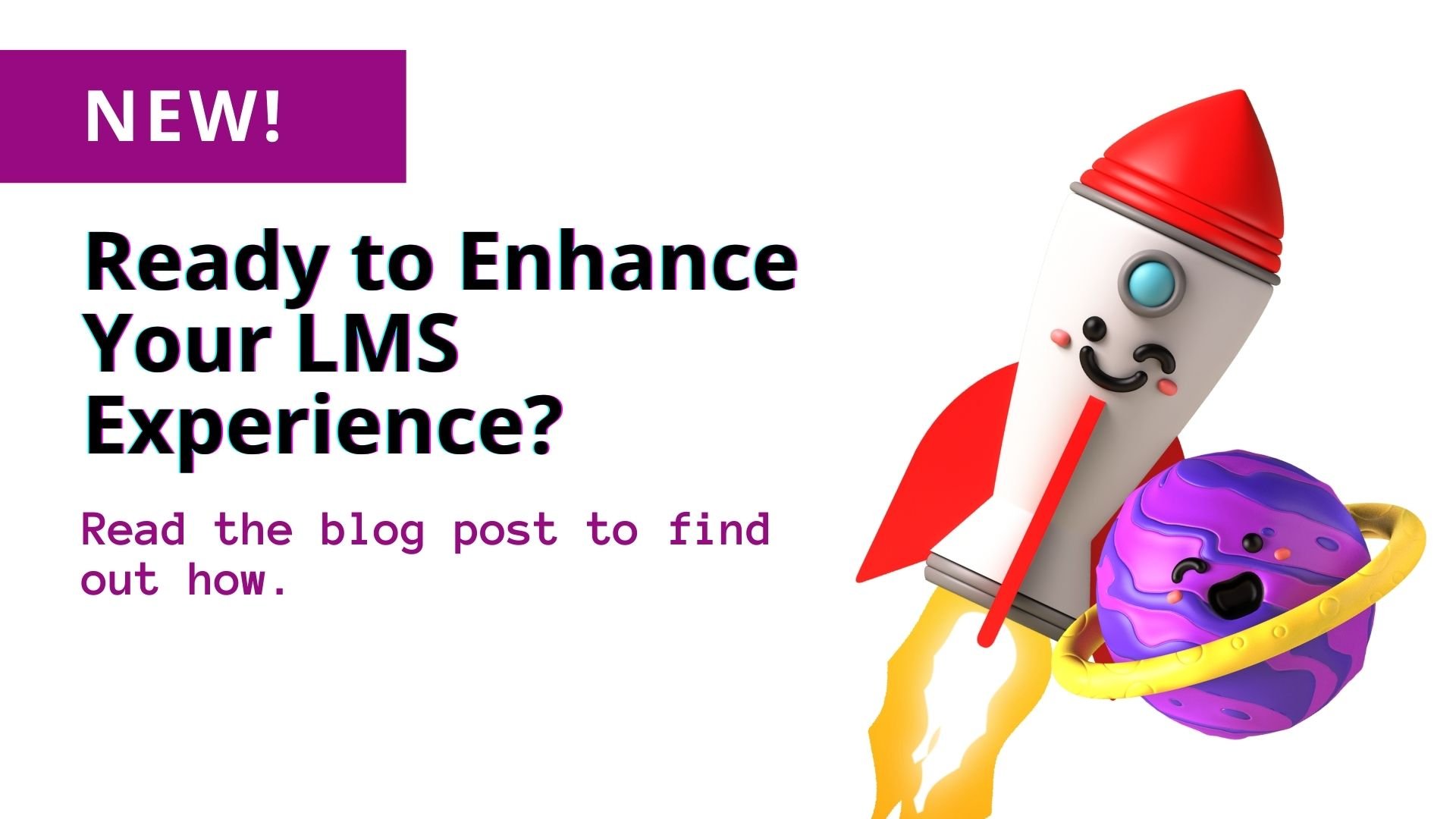Most learning management system (LMS) users would agree that online learning software is becoming increasingly sophisticated. In the few relatively short years since the advent of online learning, LMSs have become staples that no thriving business can do without. It is truly amazing to consider the capabilities of eLearning software and the endless possibilities of its future development.

Software makes eLearning possible, but the people that manage social learning platforms are the factors that ensure successful online learning experiences. In reality, instructors have the ability to make or break an eLearning course. If a knowledgeable instructor is not involved, even a state of the art LMS will cease to be effective.
Most instructors welcome eLearning systems with open arms because they understand that LMSs are incredibly effective tools for promoting education. Here are a few ways trainers can fully utilize an LMS:
- Offer support – Simply offering support to learners is a great way that instructors can ensure the growth of an online learning community. In fact, support has to be in place in order for learners to embrace the content of an eLearning course.
- Guide discussions – In any type of educational setting, students look to teachers to guide group discussions. Learners see online course instructors as experts in eLearning, so trainers should not shrink back from constantly introducing new topics and steering online conversations in the right direction.
- Offer courses – In addition to guiding discussions and offering support to learners, trainers must help design online courses of study. eLearning instructors should provide the layout of a course, as well as establish mid and end point goals. Ethics and other guidelines need to be established as well. Trainers should clearly communicate expectations to learners and expect them to be met.
- Require participation – Just like any other person, a learner has a full life and is busy with pursuits beyond online learning. For this reason participation in an eLearning course must be required by a trainer. If participation is not a requirement, it’s unlikely that the information offered in an online course will be fully comprehended. More so, it has been reported that students are more engaged in courses when their participation is required.
- Provide timely feedback – Learners enrolled in online courses have reported feelings of isolation when their work did not receive immediate feedback. Trainers have it in their power to prevent these feelings of isolation and strengthen social learning communities by providing timely feedback to those engaged in an eLearning course. This behavior is professional and will elicit respect from learners.
- Communicate effectively – It’s amazing how many different opportunities for communication are made possible by LMSs. Trainers can maximize a learning management system by fostering communication via hosting conferences, public discussions and realtime chats. Communication is perhaps the most important aspect of growing a community of online learners who are engaged and eager to assimilate the information presented to them.
No online community of learners will be established without trainers. Trainers who want to fully utilize a social learning platform and build connection with learners must use an LMS to provide timely feedback, guide discussions, design courses, offer support, communicate effectively, and require participation. The combination of a quality LMS and an enthusiastic instructor can equip learners with the knowledge they need to be more productive and feel confident at work.
Good learning management systems are user friendly, featuring admin tools that enable instructors to make the most of an eLearning system. TOPYX® is a social learning management system that recognizes the importance of human connection in learning communities.
eLearning instructors who use traditional classroom values naturally facilitate strong online training centers. As a trainer becomes more experienced in managing an LMS, he or she will discover novel methods of helping a social learning community prosper.




